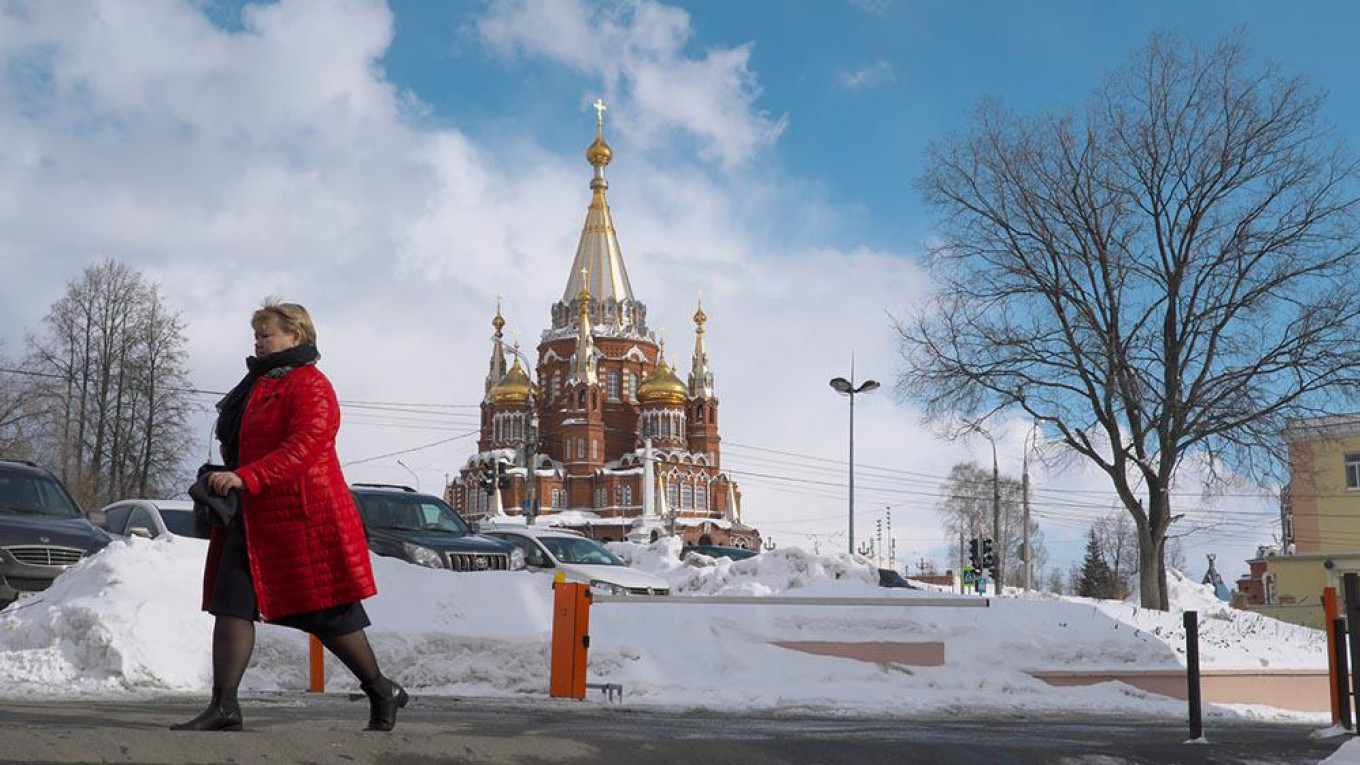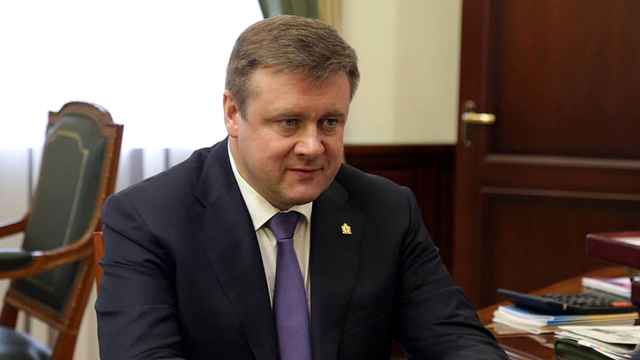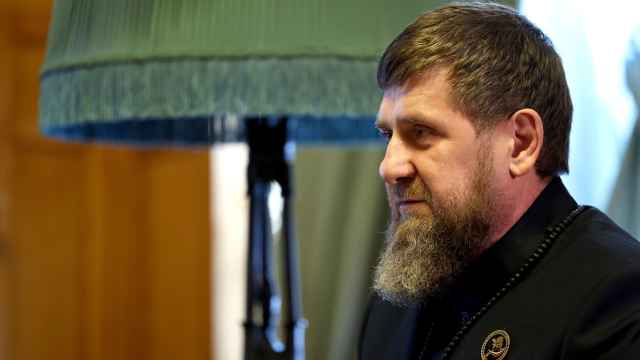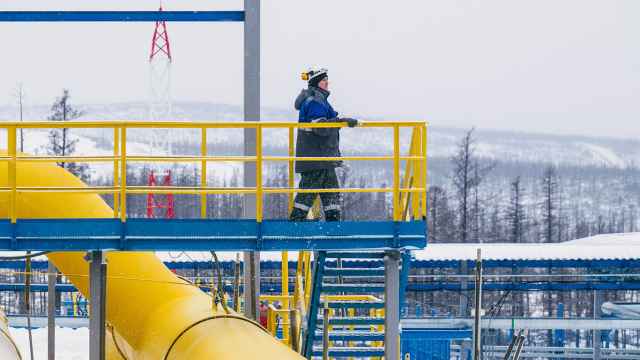Against a backdrop of the Russian economy gradually coming out of recession and oil prices on the rise, the country's far-flung regions have been feeling financial strain and are now asking the center for help.
Udmurtia, a small republic east of Moscow, and its newly appointed governor Alexander Brechalov was the first region to turn to the federal government for help.
Next was the republic of Karelia, which lacked 97.4 billion rubles ($1.7 billion) to raise wages for doctor and nurses in compliance with the so-called May decrees issued by President Vladimir Putin in 2012, which forced regions to increase wages as part of his preparation for the 2018 elections.
The decrees have put a huge strain on most regions that simply can’t afford them.
Some regions have been driven into debt just as the center has reduced transfers as part of cost-cutting exercises as a result. If Russia is going to be hit by an economic crisis, it will most likely start in these regions. While the financial situation in many regions has improved recently thanks to better-than-expected economic growth, it remains dire in some.
In late October, the republic of Khakasia joined the club as its supreme council requested 28.2 billion rubles from the center, saying the region is facing "a catastrophic situation."
Other regions have also been asking the federal government for help, but they have been doing it in a less public way, a representative of Deputy Prime Minister Dmitry Kozak was quoted as saying by Vedomosti.
Recently, the regions were allowed to restructure their debts to the federal budget, which could push them even more deeply into debt.
Overall, individual regional balances from January to June varied considerably. Of the 85 regions in the Russian Federation six recorded a surplus of over 15 percent of revenue while seven posted a deficit of greater than 10 percent. The remainder were in the intervening range.
While Moscow was responsible for one half of the regional budgets' surplus from January to August, amounting to 400 billion rubles, the republics of Khakasia, Udmurtia and Karelia are among those with the highest debts.
Meanwhile, the center's orders, often aimed at raising wages or pensions in the public sector, add extra strain on the regions' budgets, and the center has to step in and help.
Also, in late September, the federal government scrapped the crediting program for the regions that was launched 10 years ago.
Read more at bne.eu
A Message from The Moscow Times:
Dear readers,
We are facing unprecedented challenges. Russia's Prosecutor General's Office has designated The Moscow Times as an "undesirable" organization, criminalizing our work and putting our staff at risk of prosecution. This follows our earlier unjust labeling as a "foreign agent."
These actions are direct attempts to silence independent journalism in Russia. The authorities claim our work "discredits the decisions of the Russian leadership." We see things differently: we strive to provide accurate, unbiased reporting on Russia.
We, the journalists of The Moscow Times, refuse to be silenced. But to continue our work, we need your help.
Your support, no matter how small, makes a world of difference. If you can, please support us monthly starting from just $2. It's quick to set up, and every contribution makes a significant impact.
By supporting The Moscow Times, you're defending open, independent journalism in the face of repression. Thank you for standing with us.
Remind me later.






